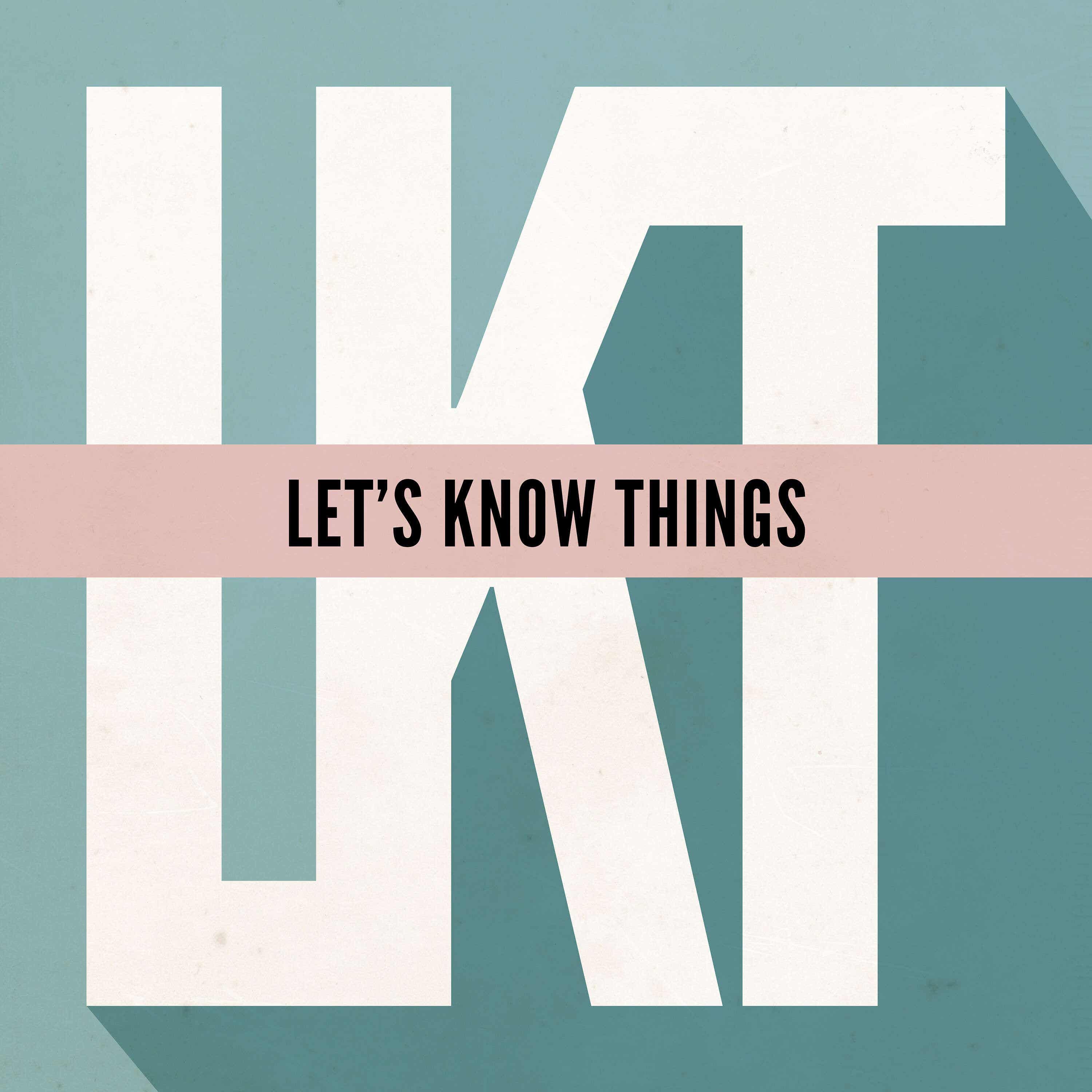Venezuelan 2024 Election
Description
This week we talk about Chávez, Maduro, and Bolivarianism.
We also discuss authoritarianism, Potemkin elections, and the Venezuelan refugee crisis.
Recommended Book: Nuclear War by Annie Jacobsen
Transcript
Venezuela, a country with a population of about 30.5 million people, has lost something like 7 to 9 million people, depending on which numbers you use, to a refugee crisis that began about a decade ago, in 2014, and which has since become the largest ever in the Americas, and one of the top ten all-time biggest outflows of people from a region in recorded history—just under the outpouring of people from Bangladesh into mostly India, which I mentioned in last week's episode, during the country's war of independence from Pakistan, and just above the number of people who have fled Syria over the course of its now 13-year-long civil war.
That means Venezuela has lost around a quarter of its total population in the span of just ten years.
The spark that lit the fire of Venezuela's refugee crisis wasn't a civil war, but a political movement called the Bolivarian Revolution, which is named after Simón Bolívar, who is renowned and respected throughout the region for leading the area's independence movement against Spain.
This revolution was kicked-off by a soldier-turned-polician named Hugo Chávez who has long worked to implement what he calls Bolivarianism across the Americas, which calls for a nationalistic, socialistic state of affairs in which hispanic governments would work together, these governments would own most vital aspects of industry and the economy, according to a social model, it calls for self-sufficiency driven by that state-owned nature—the government reining in the purported excesses of capitalism-oriented competition, basically, and it calls for the elimination of corruption and the expulsion and exclusion of what it calls colonialist forces, alongside the equitable distribution of resources to the people.
It's a riff on other socialist and communist models that have been tried, basically, with a South American twist, but it has many of the same implications for day-to-day realities, including the supposition that everything is owned and run by The People, though generally what that means in practice is a pseudo- or full-on police state, meant to keep those outside, enemy forces—which are blamed for anything that goes wrong—from meddling in local affairs, and it also tends to mean a lot of self-enrichment at the top, those in charge of the police state apparatus, and all the state-owned businesses giving a lot of handouts to their friends and family, and generally becoming quite wealthy while the rest of the population becomes increasingly disempowered and impoverished.
This isn't the way these sorts of models necessarily have to go, of course, and it's not the way they're meant to go according to their own ideals and tenets, but historically this combination of claimed goals seems to lead in that direction, and in Venezuela's case we've seen that same trend play out once more, the Bolivarian Revolution putting Chávez at the top of a system predicated largely on oil wealth, which allowed Chávez to reinforce his hold on power, the reinforcement including the jailing, threatening, and harassing of political opponents, and keeping the main opposition party mostly out of power, despite their widespread popularity.
In 2013, Chávez's Vice President, Nicolás Maduro, stepped into the role of acting president when Chávez had to step aside due to cancer complications. He then won an election that was triggered by Chávez's death by less than 1.5% of the vote, though his opponent claims there were irregularities. The National Election Council carried out an investigation and said that the vote was legit, and Maduro became president later that year.
The seeming illegitimacy of that election, though, remains a huge point of contention between the political forces in Venezuela, and in the years since, the
More Episodes
This week we talk about neural networks, AGI, and scaling laws.
We also discuss training data, user acquisition, and energy consumption.
Recommended Book: Through the Grapevine by Taylor N. Carlson
Transcript
Depending on whose numbers you use, and which industries and types of investment those...
Published 11/19/24
Published 11/19/24
This week we talk about the Double Reduction Policy, gaokao, and Chegg.
We also discuss GPTs, cheating, and disruption.
Recommended Book: Autocracy, Inc by Anne Applebaum
Transcript
In July of 2021, the Chinese government implemented a new education rule called the Double Reduction Policy.
This...
Published 11/12/24


